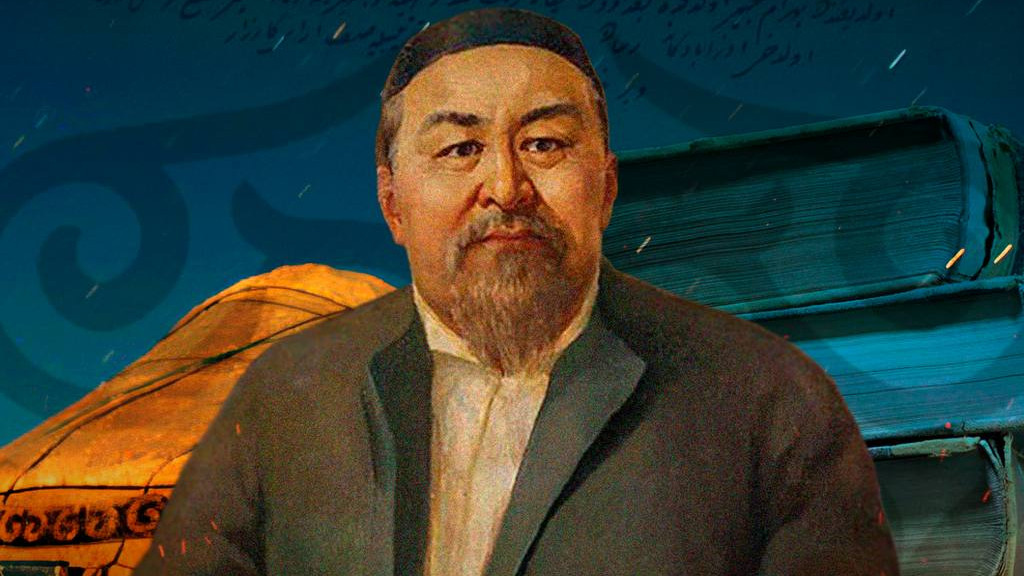WNAM REPORT: As Kazakhstan celebrates the 180th anniversary of Abai Kunanbayev’s birth, the country is paying homage to a thinker whose ideas continue to resonate with the challenges of the present. Abai’s legacy is a testament to the power of intellectual curiosity, moral integrity, and cultural resilience.
Born in 1845 in the Chingiz Mountains, Abai was exposed to a unique blend of traditional Kazakh culture and Russian and European influences. His education in a madrassah and a Russian secular school, as well as his immersion in Kazakh oral traditions, equipped him with a rare bridge between worlds. This intellectual range allowed him to adapt global ideas into the language and rhythms of the Kazakh steppe.
Abai’s poetry and prose reflections, particularly his “Words of Edification,” explored themes of education, morality, justice, and leadership. He argued for merit and fairness over inherited privilege, valued the study of foreign languages, and tied prosperity to honest work and the mastery of craft. His ideas remain remarkably relevant today, as Kazakhstan navigates the complexities of modernization and globalization.
The 180th anniversary celebrations demonstrate Abai’s enduring impact on Kazakh culture and society. From schoolchildren singing his songs in unison to international audiences appreciating Kazakh melodies and poetry, Abai’s legacy continues to inspire and educate. His ideas have also influenced Kazakhstan’s leaders, including President Kassym-Jomart Tokayev, who has shared Abai’s teachings in policy discussions on justice, unity, and education reform.
Abai’s relevance extends beyond Kazakhstan’s borders. His statues stand in world capitals, and UNESCO has recognized his universal appeal. However, the most enduring monument to Abai is the continued vitality of his ideas in public life. His legacy serves as a compass, guiding Kazakhstan towards a just, educated, and self-confident society.
As Kazakhstan commemorates Abai’s 180th anniversary, it is an opportunity to reflect on the nation’s progress and the relevance of Abai’s ideas in the digital age. His emphasis on education, merit, and moral responsibility remains crucial, and his legacy continues to inspire a new generation of Kazakhs. Abai’s voice is still heard in classrooms, music, and public debate, and his ideas will continue to shape Kazakhstan’s modern identity.


